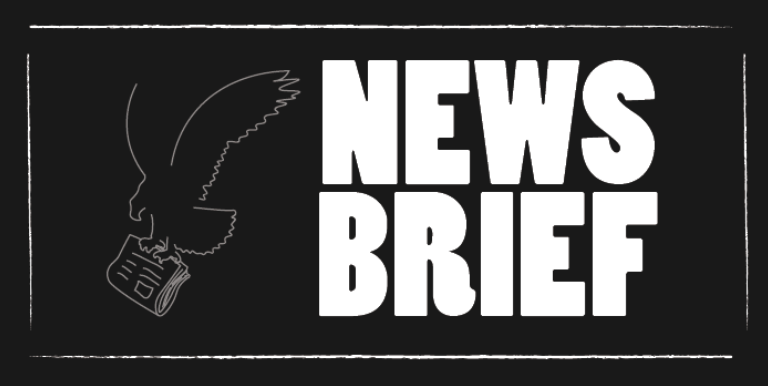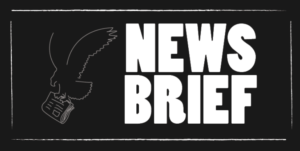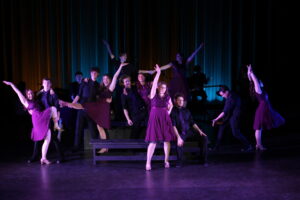International
This week, the European Parliament (EP) voted to ban words like “steak” and “sausage” from appearing on the packaging of plant-based variants.
The 355-247 majority vote is only the first step in the ban, as it still requires backing from the European Commission and the 27 member countries.
If passed into law, use of the words “steak,” “escalope,” “sausage,” “burger,” and “hamburger,” would be forbidden on packaging for non-meat alternatives. Companies would have to switch to other descriptive terms like “tube” or “disc” to label their products.
“A steak is made of meat — full stop,” Céline Imart, a center-right German lawmaker and former farmer said in a statement, the New York Post reported. “Using these names only for real meat keeps labels honest, protects farmers and preserves Europe’s culinary traditions. A steak, an escalope or a sausage are products from our livestock farms, period. No laboratory substitutes, no plant-based products.”
The law would extend to some seemingly unrelated words too, preventing the use of “egg yolk” and “egg white” on products not containing meat.
The vote has stirred up some controversy among political figures who call it a trivial matter.
“While the world is burning, the EPP has nothing better to do this week than to involve us all in a debate about sausages and schnitzel,” Anna Cavazzini of Germany’s Green Party told Deutsche Welle.
National
With auctions already scheduled for November, 30 paintings created by Bob Ross will be sold to raise money for public television stations affected by recent government funding cuts.
A television staple in the 1980’s and 1990’s, Ross produced about 1,143 paintings during his time on The Joy of Painting, a PBS show where he pulled viewers in with his calm demeanor and optimistic personality.
“Bob Ross dedicated his life to making art accessible to everyone,” Joan Kowalski, president of Bob Ross Inc. said in a statement. “This auction ensures his legacy continues to support the very medium that brought his joy and creativity into American homes for decades.”
The auctions are a response to Congress eliminating $1.1 billion allocated to public broadcasting, leaving 330 PBS and 246 NPR stations to find funding elsewhere according to the Associated Press. Many of them are launching emergency fund drives or turning to layoffs and programming cuts.
Bonhams in Los Angeles will auction the first three paintings Nov. 11 with more to follow in London, New York, Boston, and online.
Local
Oklahoma police rolled out the Blue Envelope Program this week, giving disabled drivers with special needs a way to quickly communicate their situation to police.
During a traffic stop, participating drivers can inform the officer they have a blue envelope and pass it to them. The envelope contains their driver’s license, registration, and insurance information inside with a collection of checkboxes on the exterior detailing their unique needs.
Chief JD Younger of the Edmond Police Department said the envelopes will help officers make judgments more quickly and safely.
“When we stop someone that may not be having good eye contact with us or may not be responding immediately upon verbal interaction, officers are going through a judgment process,” Younger told KFOR. “They’re trying to determine, am I dealing with someone that’s impaired? Am I dealing with someone that’s deceptive?”
Carley Marissa Dummitt, engagement manager at the Oklahoma Autism Foundation, said being stopped by police can be especially overwhelming for those with autism or other neurodevelopmental conditions.
“People with autism are seven times more likely to interact with first responders than their neurotypical counterparts,” Dummitt said.
Younger said the new program will help officers know how to adjust to the communication needs of drivers.
“Just the ability to give us an initial indication that there could be a challenge and allow that officer to adjust the way that they’re communicating because they know that the intent of the driver is to communicate with us,” Younger said.
Blue envelopes are currently available at participating precincts in Oklahoma and at the Oklahoma Autism Foundation.





Be First to Comment